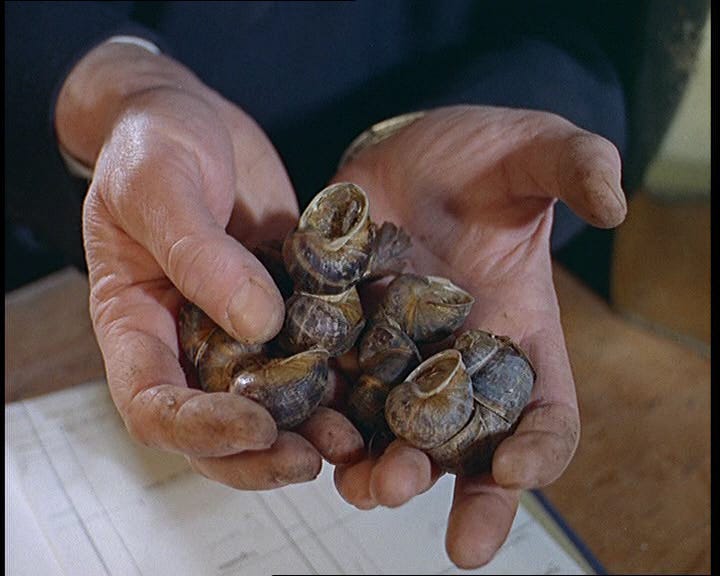Somerset's forgotten dish
Within living memory, for a brief time snails featured as Somerset's plat du moment – then disappeared again
The Welsh have their laverbread, the Cornish their scones and pasties, the Northumbrians their pease pudding, and the Etonians their… mess. Meanwhile, unlike what seems the majority of the UK, efforts to create and or preserve some sort of culinary heritage have almost entirely failed within Somerset.
Notice I said almost: the last person to at least temporarily succeed in contributing to this county’s plated food canon was a chap by the name of Paul Layton. You can come to your own conclusion about Paul based on his prior accomplishments, like leading some of the development of Britain’s first ballistic missile in the 1950s, being appointed as a commander in the RAF, becoming the UK engineering director at Black & Decker, and among various other feats of engineering helping develop the fencing that encloses the lions at Longleat.
Probably Layton’s most famous ‘invention’ however was upon seeking a slower pace of life and subsequently taking up the landlordship of the Miners Arms, a decrepit pub (one with no licence, mind), in the village of Priddy just north of Wells. As reads in his obituary, authored by his brother:
Always on the lookout for the unusual, Leyton discovered that snails, known locally in the Mendips as wallfish, had been a low-cost dish on the menu of the local mineworkers up to a century earlier. Unheard of in the UK at the time, snails were domesticated and anglicised by Leyton with the creation of a snail sauce based entirely on local ingredients, with no garlic.



